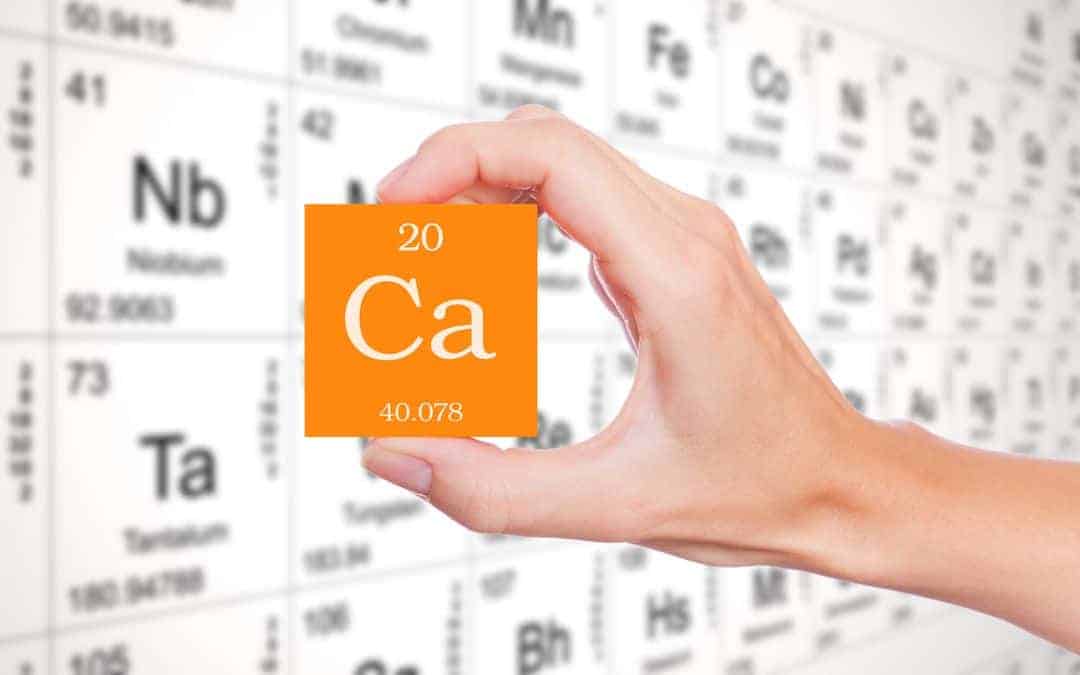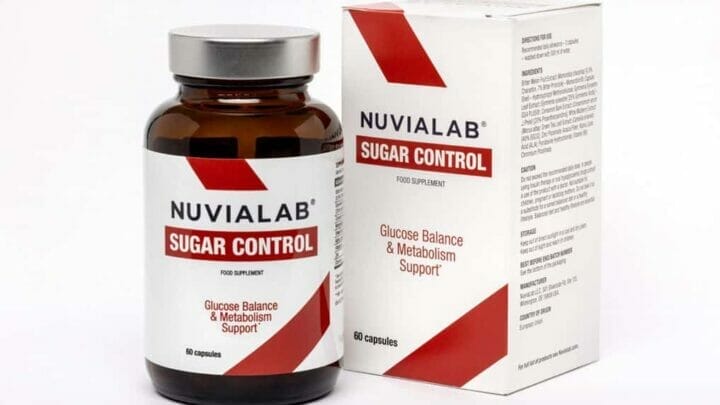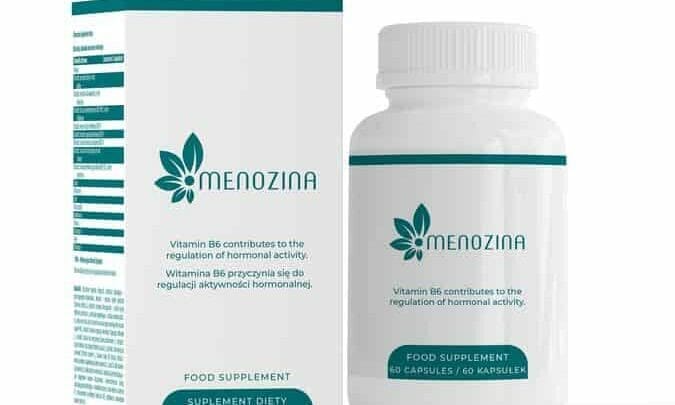
Calcium – why it is so important for the human body
There are a number of nutrients that we need to provide every day in properly adjusted doses, which is essential for maintaining health and the proper functioning of various parts of our body. These are primarily vitamins, but when composing our daily diet, we must also not forget about minerals, macronutrients called “elements of life”. There are several of them, such as chlorine, phosphorus, magnesium, potassium, sulfur, sodium and, above all, calcium, which we want to introduce a little closer.
Contents
- 1 What is calcium and what are its chemical properties?
- 2 How much calcium do we need to supply our body with every day?
- 3 Why is calcium so important for the proper functioning of the body?
- 4 Calcium deficiency – what can cause it?
- 5 Excess calcium – what should concern us?
- 6 Which sources of calcium are best to use?
What is calcium and what are its chemical properties?
Before we get into the presentation of the importance of calcium for human health, the function it performs and the effects of possible excess or deficiency, we should find out what this element actually is. Its Latin name is “calcium“, derived from the word “calx”, meaning simply calcium. It is an element belonging to the beryllium group, having the symbol Ca in the Periodic Table, a silvery-white metal that should be stored without oxygen.
In nature it occurs in the so-called bound form, in such rocks and minerals as marbles, chalk, calcite, dolomite, limestone and fluorite. It forms many calcium compounds, the most important of which are calcium oxide, calcium hydroxide, calcium peroxide, calcium carbonate and calcium nitrate. It is widely used in various industries, including medicine and cosmetics.
How much calcium do we need to supply our body with every day?

Since calcium is called “the element of life”, it somehow had to earn this honorable title. In the human body it has many important functions to perform, so it is so important to maintain its proper level, and its assimilability depends primarily on maintaining the right level of lactose, vitamin D and vitamin K2. At the same time, you should avoid products that can interfere with calcium absorption, drinking a lot of black coffee, one cup of which already leaches a lot of this element, alcohol and products rich in dietary fiber have a similar effect.
It is also worth sticking to the daily doses recommended by specialists, which depend on the age of the person and are respectively:
- for children from 1 to 3 years of age – 700 mg;
- for children from 3 to 18 years of age – 1000 mg;
- for adults up to 50 years of age – 1000 mg;
- for adults over 50 years of age – 1300 mg;
- for pregnant and lactating women – 1300 mg.
Why is calcium so important for the proper functioning of the body?
It is safe to say that without calcium the human body is unable to function properly, as it affects so many differentvarious aspects of health, starting from childhood, throughout adult life and into old age. In particular, specialists point to several functions that calcium performs, through which we need to remember its regular supplementation. Our body, unfortunately, does not produce it on its own, so maintaining the right amounts of this element has an impact on, among other things:
Strong bones and teeth
This is the primary function that calcium has to perform in the human body, without it our bones and teeth were too weak, constantly exposed to damage. It makes up as much as 99% of their building material, giving them the right structure and density. At the same time, it protects bones from the process of demineralization, osteomalacia coming with age or resulting, for example, from poor nutrition. This will help avoid osteoporosis and, in the case of teeth, enamel damage and decay.
Cardiac muscle and circulatory system
Adequate calcium levels also have a not inconsiderable effect on the heart and the entire circulatory system. It regulates the rhythm of the heart muscle, allows you to fully control blood pressure, thus minimizing the risk of developing hypertension. Calcium is also an important determinant of normal blood clotting, and calcium ions activate many enzymes necessary for this.
Muscular system
The importance of calcium will certainly be appreciated by any physically active person who practices, amateur or professional, various sports that require a smoothly functioning muscular system. He or she must introduce into the diet ingredients containing not only large amounts of magnesium or potassium, but also the recommended daily doses of calcium, so that painful cramps in the muscles, arms, thighs or calves can be largely avoided.
Nervous system
Adequate levels of this element also have a beneficial effect on the nervous system, primarily on the uninterrupted conduction of nerve impulses. Enzymes are involved in these processes, in which the correct concentration of calcium is important, so that the brain can properly transmit information.
Other systems and processes in the body
The above-mentioned effects of calcium are not the only ones of importance for our health. Specialists in various fields also appreciate it for:
- regulating the permeability of cell membranes, facilitating the delivery of other, equally necessary nutrients to their interior;
- supporting numerous metabolic processes taking place inside the human body;
- increasing sperm activity, which is important in preventing infertility;
- support of the work of the immune system;
- regulation of hormonal and metabolic metabolism;
- anti-inflammatory effect, counteracting the development of infections and inflammation;
- maintaining homeostasis, i.e., the internal balance of the body;
- alleviating the most bothersome symptoms of allergies, especially in combination with quercetin, inhibiting excessive production and secretion of histamine, blocking the action of other allergic factors;
- reducing the risk of developing colorectal cancer, which, however, requires further research on this issue.
Calcium deficiency – what can cause it?
Since calcium is so important to human health, any deficiencies in the body should always be supplemented. This is especially true for children, in whom adherence to the recommended doses is important for their proper development, and pregnant and breastfeeding women must be equally careful. The negative effects of calcium deficiency, or hypocalcemia, are many, and the most important to highlight are:
- painful muscle spasms affecting various parts of the body;
- bone and joint pains;
- increased brittleness of bones, the result of their demineralization or osteoporosis;
- easier formation of bruises and other subcutaneous hemorrhages, resulting from impaired blood clotting;
- allergic reactions and accompanying skin complaints, acne and other eczema;
- a tingling sensation in the upper and lower limbs, eyelids and tongue;
- dizziness and headaches;
- memory problems;
- developmental defects in children, bone deformities leading even to rickets, teething difficulties or stunted growth.
Excess calcium – what should concern us?
This condition, which bears the professional name of hypercalcemia, happens much less frequently than calcium deficiency. It occurs when the level of this element in the blood serum exceeds acceptable norms, and in such a case we can talk about:
- mild hypercalcemia – calcium levels above 3.0 mmol/L;
- moderate hyper calcemia – the amount of calcium reaches from 3.1 to 3.75 mmol/l;
- severe hyper calcemia – calcium level exceeds 3.75 mmol/L.
The cause of excess calcium is not only an improper diet or preparations with it in the composition, it can also be the result of lesions, hyperthyroidism or developing tumors. We should also be careful with vitamin D supplementation, because instead of better absorption of calcium we will achieve the opposite effect, the deposition of too much calcium, and we must expect the following symptoms:
- increased thirst and frequent urination;
- calcification of the kidneys and kidney stones;
- nausea, vomiting, constipation and severe abdominal pain;
- lack of appetite;
- peptic ulcer disease of the duodenum and stomach;
- acute pancreatitis;
- feelings of weakness and constant drowsiness;
- difficulties with concentration and orientation;
- hypertension;
- abnormal heart rhythm, arrhythmia or tachycardia;
- muscular weakness.
Which sources of calcium are best to use?

It is impossible to underestimate the importance of calcium for maintaining full health and vitality, and since it is not synthesized in the human body, adequate doses should be regularly supplied from external sources. This will avoid problems associated with deficiency, but once again we remind you not to exceed the allowed daily norms.
There are many sources of this valuable element, you can, among other things, take supplements in which it is one of the active ingredients. However, it is better to modify your diet for calcium supplementation, and most of it is found in such foods as:
- milk and dairy products, cream, yogurt, kefir, buttermilk, yellow and white cheeses, feta type cheeses;
- soy milk and tofu;
- Brassica vegetables, Brussels sprouts, rutabagas, broccoli, cauliflower, head and Chinese cabbage, kale;
- Leafy vegetables, parsley, parsley, coriander, quinoa, white quinoa, watercress, romaine and butter lettuce, spinach, sorrel, celery;
- cucurbit and solanaceous vegetables, zucchini, cucumber, eggplant, tomatoes and peppers;
- tuber vegetables, yams, potatoes;
- root vegetables, onions, garlic, beets, carrots, leeks, radishes, celery;
- Legumes, white and mung beans, broad beans, chickpeas, soybeans, lentils, green and dry peas;
- Oatmeal, buckwheat groats, millet groats, bulgur groats, brown rice;
- almonds, nuts, dates, flaxseeds, figs, sunflower seeds, pumpkin seeds, poppy seeds;
- highly mineralized mineral water;
- calcium-enriched fruit juices.
From such a number of ingredients, you will certainly be able to compose a really healthy and interesting menu, most of these products we use every day, and such a diet will make sure that we will not lack calcium.
Sources:
- https://www.healthline.com/nutrition/calcium-deficiency-teeth
- https://www.healthline.com/health/calcium-deposits-on-teeth
- https://www.healthline.com/health/calcium-deficiency-disease
- https://www.healthline.com/health/hypercalcemia



